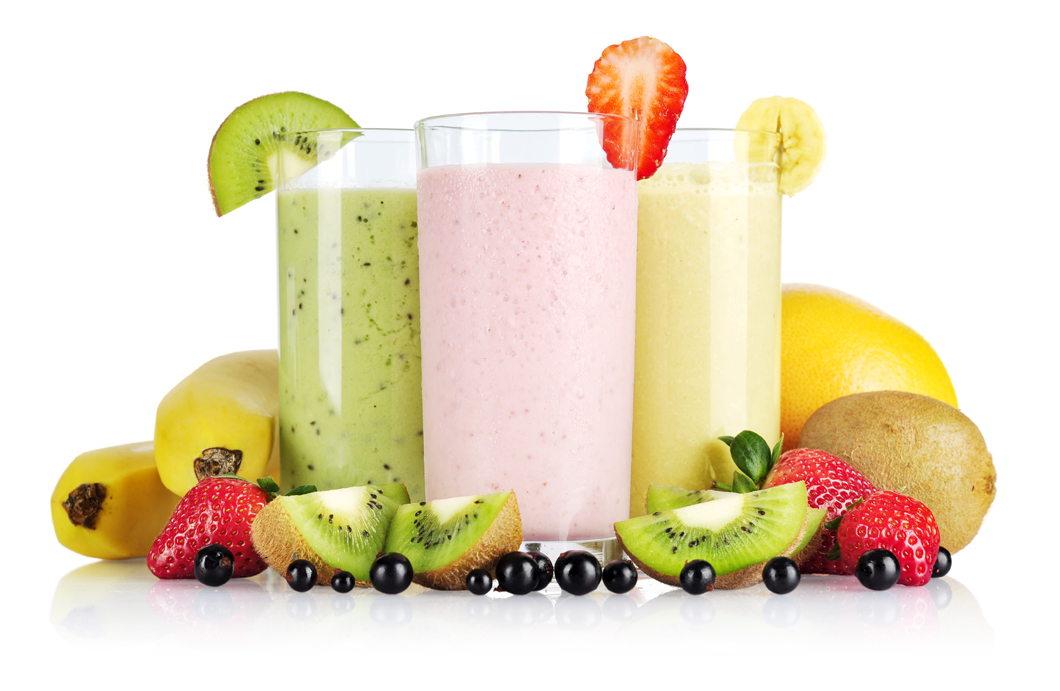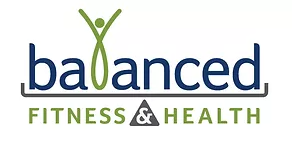
In the clinic, there’s a commonly overlooked piece that plays a huge part in recovery. Can you guess what it is? If you guessed DIET, then you’re right on! Good nutrition is crucial for an optimal recovery. Along with proper rehabilitation, the food you eat determines how well you heal and the time frame of your recovery. Keep on reading to learn more about how changes in your diet can facilitate a speedier recovery.
Eat your protein
If you pull one thing from this article, it should be to eat your proteins when on the mend. Protein-rich foods contain amino acids which are essential for healing your body. Your body uses amino acids to repair damaged body tissues, whether it be torn connective tissue (eg. tendon, ligaments), muscle, or skin wounds. The best proteins to eat are complete proteins, because they contain the 9 essential amino acids that your body cannot produce itself. Some examples of foods that are complete proteins are beef, chicken, fish, eggs, milk, yogurt, quinoa, and soy. If you’re a vegetarian or vegan, be sure to combine incomplete proteins in your meals - an example of this would be whole grain bread + peanut butter.
Complete vs Incomplete Proteins
Anti-inflammatory foods
Once you sustain an injury, an inflammatory response is provoked. It’s normal to maintain this response in the acute and subacute phases of healing, (a couple weeks), but your body should not remain in a heightened inflammatory state past that. Eating anti-inflammatory foods will help promote the normal healing processes and positively regulate the inflammatory response of the body. And bonus, some of the best anti-inflammatory foods are now in season for the summer in Iowa: berries! Blueberries, strawberries, and raspberries will give you the most bang-for-your-buck when it comes to anti-inflammatory properties. And make it a goal to avoid items like fried food, candy, sodas, processed meat, alcoholic beverages, and refined carbohydrates (white bread, white rice, white flour), as they promote inflammation.
Be sure to drink enough water
Hopefully you strive to be well hydrated every day, but it’s especially important when healing from injury. Adequate hydration allows better blood flow of nutrients and oxygen to your injured tissues. It also helps with the removal of tissue wastes, damaged cells, and swelling. You should aim to drink at least half of your body weight in ounces. For example, if someone weighs 200 pounds, they’d aim to drink at least 100 ounces of water. That's 5, 20 ounce water bottles a day!
Below are a few examples of good options for recovery meals. Check them out!
Sheet Pan Baked Chicken and Veggies
- Lindy
